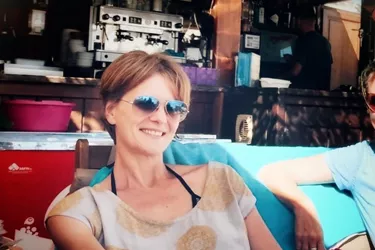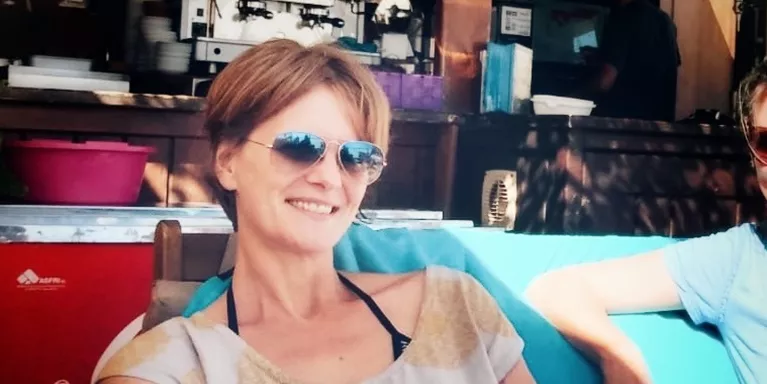Katie's experience of inpatient care
Katie talks about borderline personality disorder and about her experience of inpatient care.
Today is the day I have dreamed of since I was diagnosed with borderline personality disorder seven years ago. The day when I can finally say I’ve beaten my demons and come through as a better and stronger person
I never dared to imagine that one day I would be free of the thoughts that have haunted my nights and invaded my waking thoughts everyday of my life since I was five years old. The crushing fear of abandonment and emptiness that has caused me to kill off everything that was ever precious to me.
My illness has caused me so much heartache and has stolen over twenty years of my life. It cost me the relationship with the most important person in my life, my mum, and now cancer has stolen her and our future from me. The last seven years seem to have passed in a whirlwind of pain, tears, loss and unbearable sadness; yet here I am a stronger and happier person and I owe that to my time and the friends I made in hospital, in the therapeutic community which really did save my life. Sometimes at night when I close my eyes I can remember the day that changed my life forever.
I was there, sat in this tiny reception room, waiting with my mum and another resident who would later turn out to be one of the best friends I’ve ever had. After a few words of encouragement from mum it was time to say goodbye. As I walked away, I saw through the river of my tears my mum breakdown. I wanted nothing more than for her to hold me one last time but I knew that this was my time to start to make sense of my past and build a future.
For the first time in my life I was surrounded by people who understood and didn’t judge me. Everyone there had some form of personality disorder, with borderline personality disorder being the most common. Many of them also had other conditions such as OCD, bipolar disorder or some form of psychosis.
I’m not going to lie to you, being there was difficult; in fact it was the most difficult thing I have even done in my life, but I was learning about myself and most importantly it allowed me to grieve for the childhood I had lost and the future that wasn’t to be.
Psychodrama allowed me to relive some of my most painful experiences, in particular the moment my mum left when I was a small child. I know what you are thinking, because I thought exactly the same thing - how could I relive such painful experiences? It was because I was able to relive them in a healing way. The truth is we can’t change the things that have happened to us but in order to move on, I really do believe you need to be able to grieve and understand how past experiences shaped future experiences and behaviours.
The most important thing I learnt throughout my time in hospital however, was the importance of friendships and the support of people who truly understand the isolation and demoralisation felt by people who are affected by mental illness. I met so many wonderful people throughout my time in there; unfortunately some are still there as they couldn’t beat their illness, but I always carry them in my heart and I know that they are always with me.
So that is why I have decided to make it my life’s work to help people like me and to challenge the stigma around mental illness and especially personality disorders. I want to cut through the isolation and desperation felt by people who often suffer in silence by holding out a hand for people to hold. I want to be the shoulder for people to cry on and the gentle voice that will ease their fears and tell them they are not alone. So if sharing part of my story can help just one person realise that there is hope and that they are not alone then I would consider that to be an honour. I truly believe that if we all reach out to people, we can join together and make this world a more loving and tolerant place. After all, the journey of a thousand miles starts with but a simple step.


Information and support
When you’re living with a mental health problem, or supporting someone who is, having access to the right information - about a condition, treatment options, or practical issues - is vital. Visit our information pages to find out more.
Share your story with others
Blogs and stories can show that people with mental health problems are cared about, understood and listened to. We can use it to challenge the status quo and change attitudes.

















